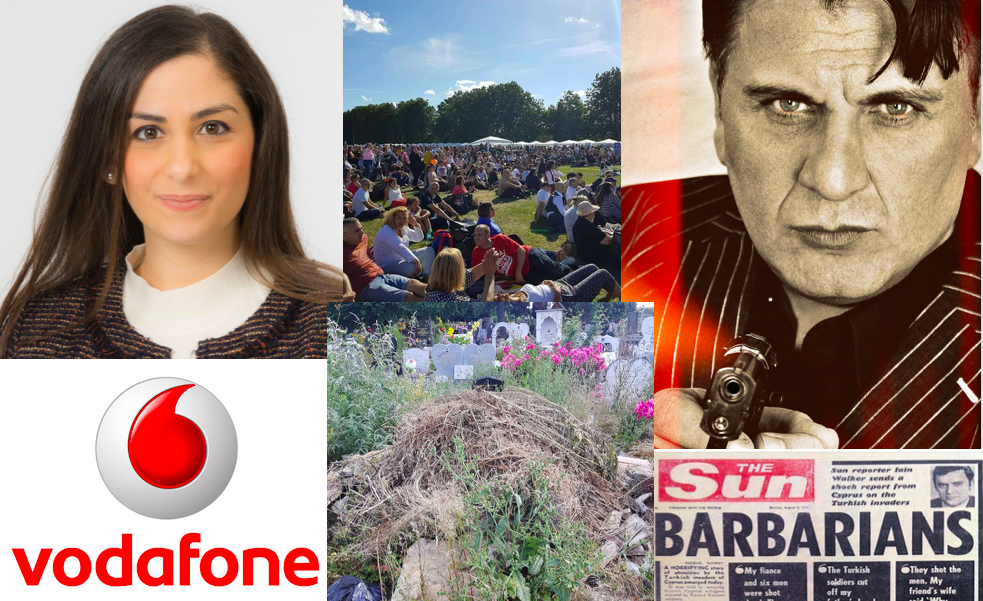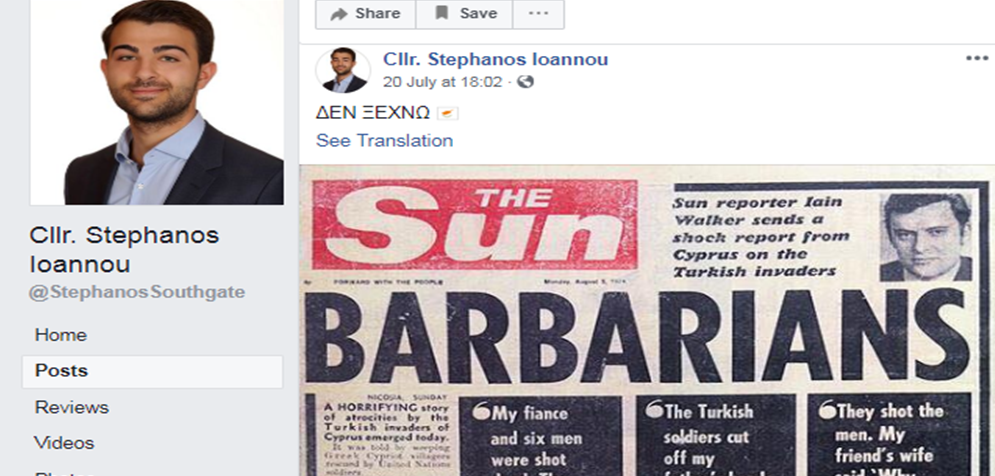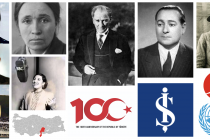We’ve again evidenced the rollercoaster of life these past twelve months, experiencing individual and collective highs and lows, as well as drama, wonder and tragedy.
Turks in their various cultural, religious, political, and professional shades continue to make their mark in Britain as elsewhere, raising the profile of the community across society, in politics, in business, and in the arts. We’ve also seen a strengthening of community networks, ensuring we can better support one another and champion the issues that most to British Turks.
Here’s T-VINE Magazine’s review of the year that was, as we look back at our ten biggest stories of 2018.
1. Tottenham Park Cemetery
On 16 February, we exclusively broke the news that Tottenham Park Cemetery – the largest burial ground for British Turks – had been closed on health and safety grounds.
One of the directors of the privately owned site told T-VINE: “Health and Safety officers are currently on site. They have serious concerns about the spire, which they feel could topple over at any moment and cause loss of life. It needs urgent repairs. We’ve been advised we will need to close the cemetery to the public until the spire is made safe.”
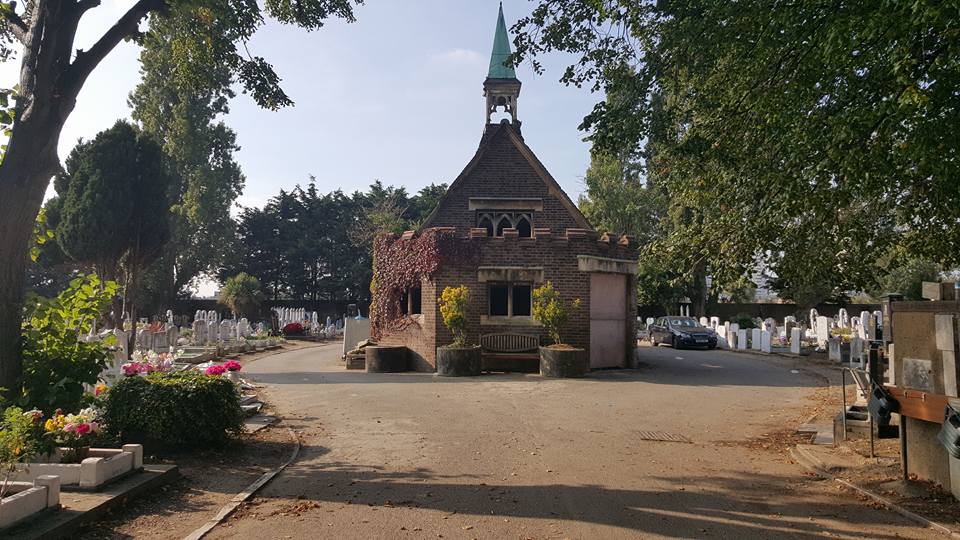
The cemetery continued to dominate our news agenda throughout 2018 as community activists challenged the landowners about the poorly managed site, who also called in police over the discovery of human remains discarded around the cemetery. The issue was picked up by national media including the BBC, ITV and the Guardian. The relentless pressure from community campaigners to bring about significant improvements led to an unexpected development in November, when the owners announced the company that owned Tottenham Park Cemetery had gone into administration.
2. Kosk Restaurant
In second spot is our report that Kosk Restaurant had been fined for repeated food hygiene failings. The popular Turkish restaurant in North London was taken to court by Enfield Council and the owners ordered to pay more than £8,000 in fines and costs in February after failing to act on numerous warnings about its poor hygiene standards.
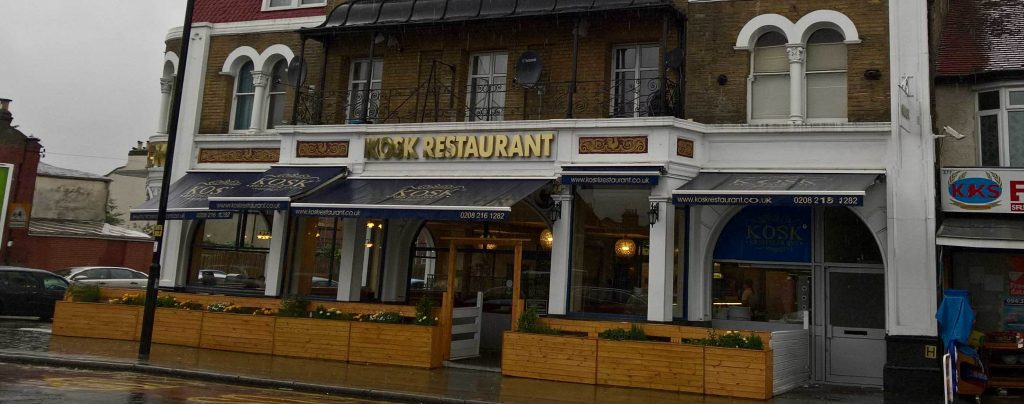
They had been given plenty of time for improvement with council inspectors first picking up on the problems in the summer of 2016. T‑VINE’s story went viral, no doubt damaging the restaurant’s reputation and proving that it doesn’t pay to behave as if you’re above the law.
3. Second Turkish Cypriot Cultural Festival
After its spectacular debut in 2017, the community was eager to learn the date of the 2nd Turkish Cypriot Cultural Festival. This, and the fact the event was moving to a larger venue in Enfield in June 2018 quickly spread after T-VINE published the news in March 2018, making it our third biggest story of the year.
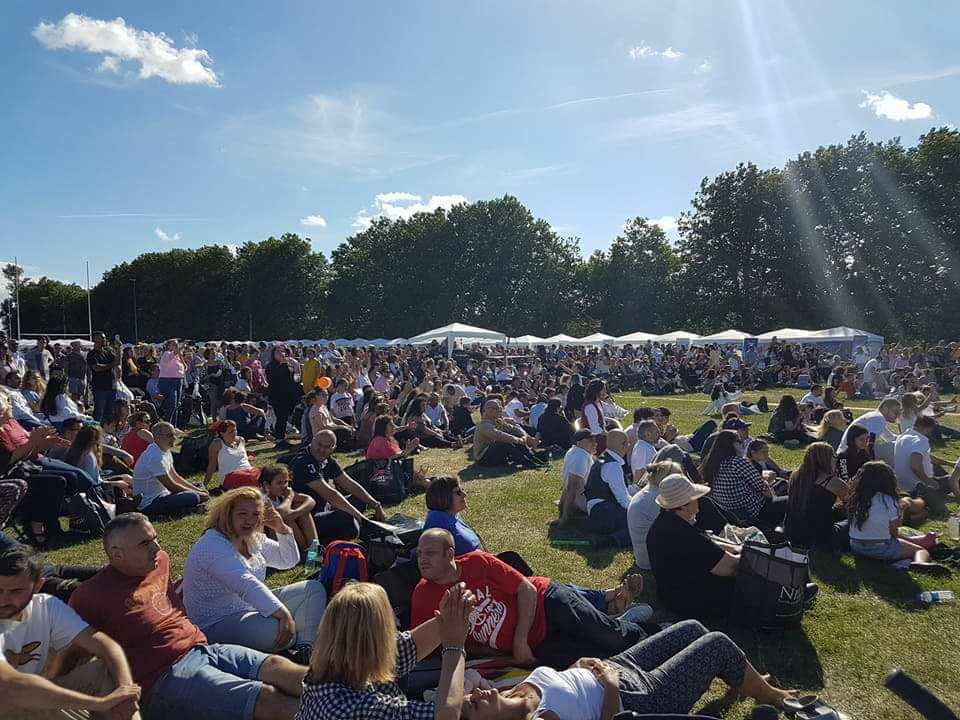
The local area had been overwhelmed when twenty thousand people had turned up to the inaugural festival at Chingford Rugby Club in Waltham Forest. As a result, community body the Council of Turkish Cypriot Associations in Britain (CTCA UK) decided to look for a location that could better accommodate the large numbers, choosing the playing fields at Donkey Lane, EN1, which would“bring the essence of Turkish Cypriot culture right into the heart of the community.”
4. Nesil Caliskan – Leader of Enfield Council
British Turks recorded their best ever results at the May Local Elections, with more representation than ever before, not only increasing the number of local councillors, but also those in senior positions in councils across the capital. One achievement stood out through Nesil Caliskan, who broke new ground after being elected Leader of Enfield Council.
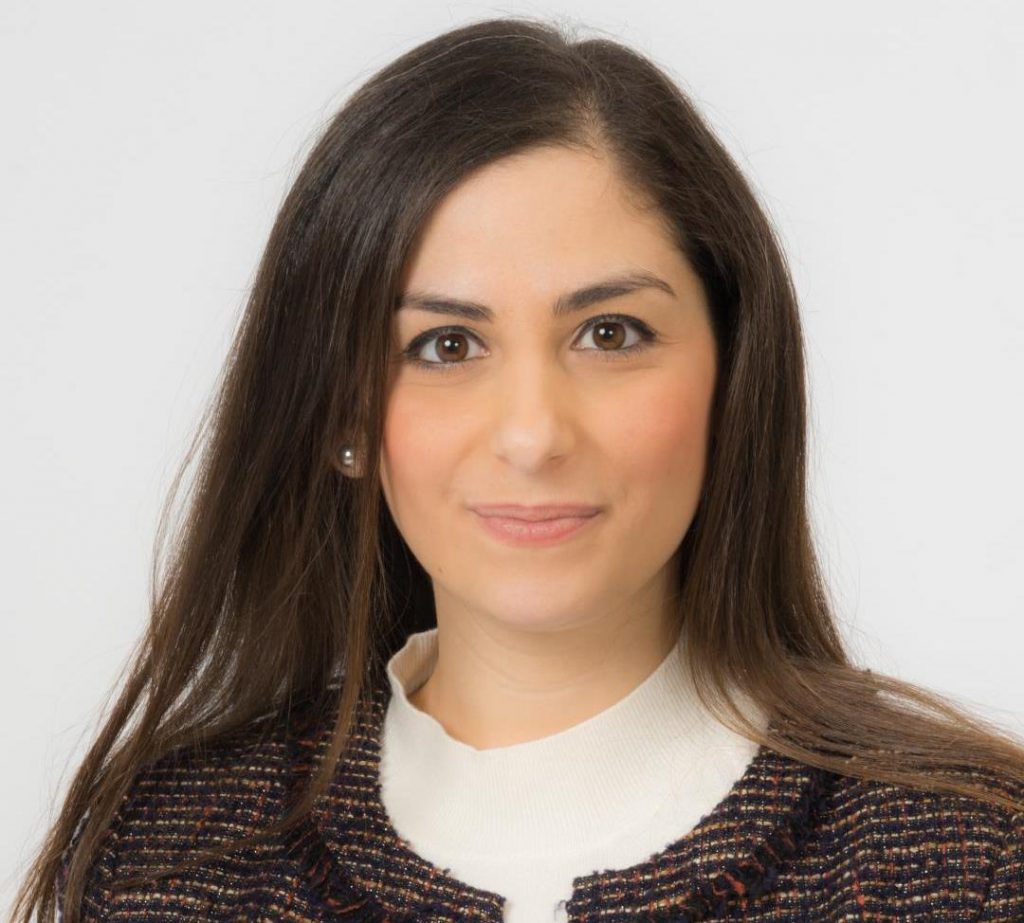
A Londoner of Turkish Cypriot origin, Cllr Caliskan, 29, became the first woman to hold the post in the borough. Her selection, succeeding Doug Taylor, who had led the council for the past eight years, made Caliskan the youngest council leader for London and possibly England, and the first person of Turkish heritage to head a council in Britain.
5. Actor and producer Mem Ferda
Hollywood actor Mem Ferda was the cover star for T-VINE Magazine’s 10thedition, issued in May 2018. With two degrees under his belt, former male model Mem Ferda could have secured a steady, well-paid job. Instead the South Londoner plumped for the life of an actor and all the risks that brings. And he’s never looked back!
The Turkish Cypriot actor turned producer has turned playing a gangster into an artform, resulting in a host of major directors casting him in films as diverse as The Devil’s Double and Ill Manors. Read more about his life, family and career in Mem Ferda: ‘to the Manor born’.
6. Missing teenager Ayla Huseyin
When we published a mother’s appeal for information about her missing daughter Ayla Huseyin, it galvanised the community into action as hundreds of people shared the news about the missing teenager. The family of the seventeen-year-old Londoner panicked when she did not turn up for work on 6 September.
Thankfully, ten days after posting her initial desperate plea, mum Alev Ozturkmen was able to report they had made contact with young Ayla, who was safe and well.
7. Vodafone
Our seventh biggest story of the year came in April, when we reported UK telecoms giant Vodafone had reversed its plan to move Turkey to its ‘roam further’ tariff. The initial decision had led to an outcry from thousands of affected customers angry at the prospect of having to pay a daily fee on top of their UK monthly plan while they were in Turkey and North Cyprus.
A petition was launched by customers, while others threatened to ditch Vodafone as their mobile network provider. The pressure worked as Vodafone confirmed to T-VINE that it was doing a U-turn on Turkey’s ‘Roam-free’ status, which meant customers could continue to use their UK plan while abroad in Turkey and North Cyprus at no extra cost.
8. Conservative Councillor Stephanos Ioannou
There was fury from the community after Stephanos Ioannou, a Conservative councillor for Southgate, shared the controversial 1974 front page of The Sun, which labelled Turks ‘barbarians’. Cllr Ioannou’s posts, made on the 44th anniversary of Turkey’s lawful intervention in Cyprus, appeared on both his personal and official councillor pages, incensing the British Turkish community, captured in T-VINE’s news including this from local resident, Ayla Emine M:
“Shame on you for inciting hatred. You, as an Enfield Councillor should be encouraging unity and community cohesion NOT causing ill feelings amongst your constituents by posting lies and propaganda published decades ago and which, incidentally, were retracted by The Sun at the time. If you want people to know the truth why don’t you publish what happened on BOTH sides!”
Ayla’s was one of many complaints sent to both Enfield Council and the Conservative Party, resulting in the Cllr Ioannou’s suspension from the Tory whip, which allows him to continue to function as an independent councillor for his Southgate Ward. Six months on, the offensive posts remain on the young councillor’s Facebook pages as both the Council nor the Conservative Party have yet to come to a decision on the issue…
9. Turkish actors needed for TV drama Top Boy
In July, we asked for your help to spread the word that Turkish male actors were urgently needed for a new series of hit TV drama Top Boy. The story went viral, prompting a flood of interest in the opportunity from prospective actors of all ages. Jo Harris from Des Hamilton Casting told T-VINE, “We’ve had a great response!”
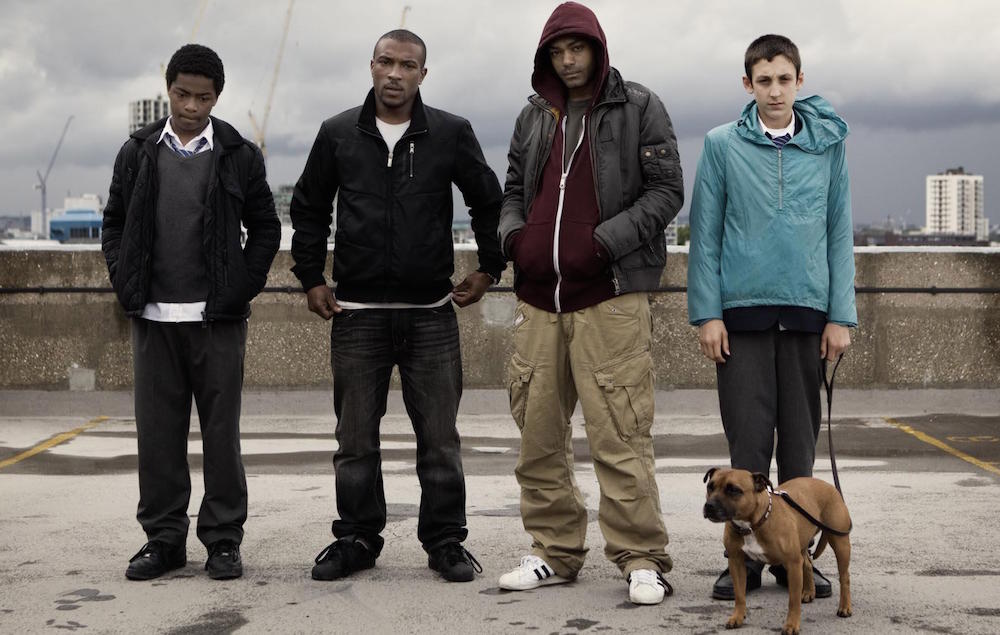
Several Turkish characters will feature in the third series, which will be screened on Netflix. The ad from the casting agency confirmed that “no prior acting experience is needed” for the roles, which would be “well paid”. The acclaimed drama, first screened on Channel 4 in 2011, stars Ashley Walters and Kane Robinson (aka rapper Kano), and explores the tensions of life on a crime-riddled estate in East London.
10. The story of Greece’s exiled Ottoman Muslims
Europe’s forgotten Greek Muslims still suffer 120 years after exile was our tenth biggest story of 2018. Penned by Ertan Karpazli, the feature describes how Ottoman Muslims were expelled from Crete, formerly part of the Ottoman Empire, by Greeks in 1897. They first moved to Syria before crossing to southern Cyprus.
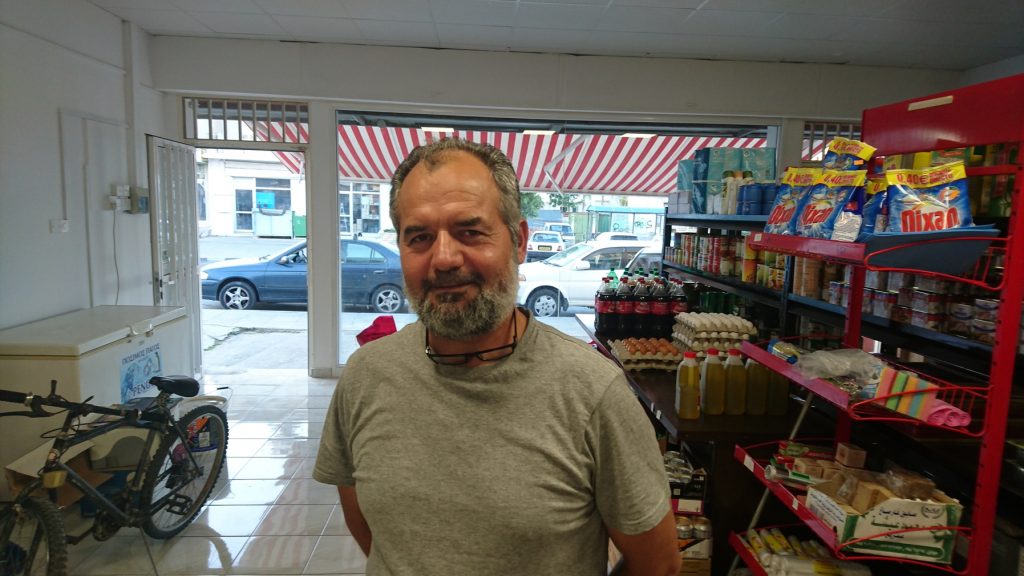
Karpazli makes contact with this previously low-profile community to ask about their efforts to return back to their homeland: “despite presenting the deeds for properties seized by the Greek Orthodox Church 120 years ago, they once again find themselves victims of public resentment and institutional discrimination.”


